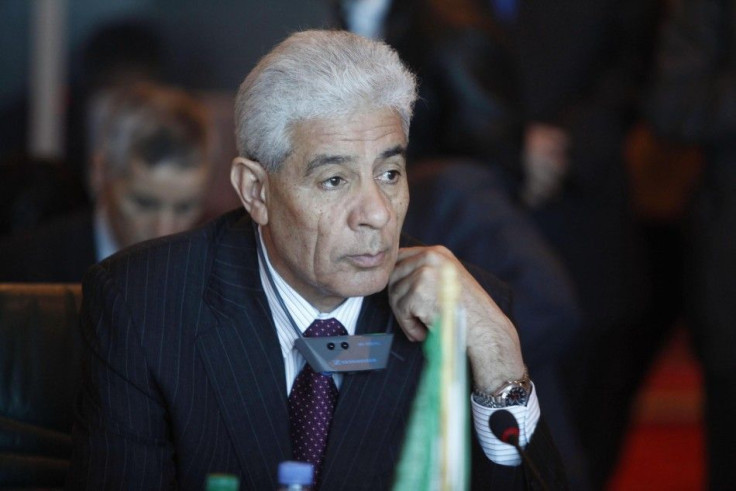Libya declares ceasefire in response to UN resolution

The government of Libya has declared it will cease all military operations following a decision by the United Nations Security Council to support a no-fly zone over the country.
The UN resolution, passed last night, endorsed all necessary measures to protect Libyan civilians, excluding an occupation.
Speaking on state television on Friday, Moussa Koussa, Libya’s foreign secretary, said his government seeks to protect all civilians and foreigners.
We decided on an immediate ceasefire and on an immediate stop to all military operations, he said. [Libya] takes great interest in protecting civilians.
Koussa further explained that since Libya is a member of the UN it is obliged to accept to UN Security Council's resolutions.
However, an Al Jazeera reporter in Tripoli, Anita McNaught, cautioned Moussa’s statement was very carefully crafted ... very deliberate, almost forensic.
She said: clearly the Libyans have been pouring over their United Nations charters to decide which bits to disagree with and on the whole they can't find very much. My hunch is that it is an effort to buy time because the Libyans I think have been taken completely by surprise by this sudden resurgence of an [international] consensus on action.
Indeed, Moussa’s conciliatory words are in direct contrast to earlier declarations by Moammar Gaddafi, who warned that his troops would show “no mercy” to the residents of Benghazi , the unofficial capital of the rebel movement in eastern Libya.
We will track them [fighters] down, and search for them, alley by alley, road by road ... Massive waves of people will be crawling out to rescue the people of Benghazi, who are calling out for help, asking us to rescue them. We should come to their rescue, Gaddafi said yesterday.
Meanwhile, Libya’s rebels, Britain and France (which have aggressively sought to impose a no-fly zone over the country) seemed to welcome the ceasefire statement, but with a great measure of caution.
We have to be very cautious. [Gaddafi] is now starting to be afraid, but on the ground the threat has not changed, Bernard Valero, a spokesman for the French foreign ministry spokesman told Reuters.
The British Prime Minister David Cameron told BBC: What is absolutely clear is the UN Security Council resolution said he must stop what he is doing, brutalizing his people. If not, all necessary measures can follow to make him stop. That is what we agreed last night, that is what we are preparing for and we'll judge him by what he does.
Earlier, Cameron had said he was prepared to send fighter jets and other military vehicles to Libya.
© Copyright IBTimes 2024. All rights reserved.











